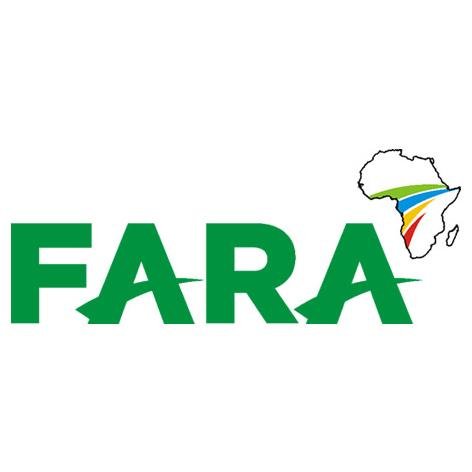Agricultural Innovation Platform As a Tool for Development Oriented Research: Lessons and Challenges in the Formation and Operationalization
This paper presents the processes, general guidelines lessons and experiences pertaining to “good practices” for organizing and forming Agricultural Innovation Platforms in the Lake Kivu Pilot Learning Site, covering three countries (Uganda, Rwanda and Democratic Republic of Congo) with widely differing social political environments to address agricultural development challenges.
Related Resources

Agricultural Innovation in Sub-Saharan Africa Experiences from multi-stakeholder approaches
This review seeks to assess the usefulness of innovation systems approaches in the context of IAR4D in guiding research agendas, generating knowledge and use in improving food security and nutrition, reducing poverty and generating cash incomes for resource-poor farmers. The...
Indicators of soil quality: A South-South development of a methodological guide for linking local and technical knowledge
This methodological guide was initially developed and used in Latin America and the Caribbean-LAC (Honduras, Nicaragua, Colombia, Peru, Venezuela, Dominican Republic), and was later improved during adaptation and use in eastern African (Uganda, Tanzania, Kenya, Ethiopia) through a South-South exchange...

FairTrade’s theory of change: an evaluation based on the cooperative life cycle framework and mixed methods
This study presents a quasi-experimental analysis of the impact of FairTrade certification on the commercial performance of coffee farmers in Tanzania. In doing so the study emphasises the importance of a well-contextualised theory of change as a basis for evaluation...
Innovation in Seed Potato Systems in Eastern Africa
The potato (Solanum tuberosum L.) has a high potential to raise smallholder income and improve food security in Eastern Africa. Improving the quality of seed potatoes can contribute to increasing its productivity. Few seed potatoes are currently sourced from specialized...
Facilitating Agricultural Innovation Systems: A critical realist approach
The turn of agrarian sciences and agricultural extension from reductionist and transfer of technology, respectively, towards systemic approaches has transformed agricultural/rural development thinking in the last decades. Nevertheless, the emergence of Agricultural Innovation Systems (AIS) has to confront a number...


